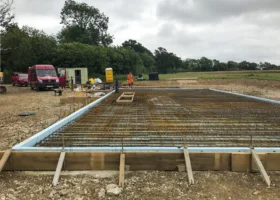

Building without planning permission in place could be risky. Your builders are on site, ready to go. You booked them months ago, assuming your planning permission would be through by now. But the planning system is gummed up and, though you are confident consent will eventually be granted, should you take the risk and press on?
Or, do you delay the build, risking losing your builders to another job? Here I’m taking a look at what happens if you start your self build, renovation or home extension project without having planning permission in place, and whether it’s a good idea to ever build without permission.
Conventional wisdom has it that you should always obtain planning consent before starting a building project. But every year thousands of people crack on without it, building something that doesn’t have planning permission at all, isn’t quite in accordance with an approval/failing to comply with the conditions attached to a planning consent.
In most cases, people are acting in good faith and make an innocent mistake. The builders increase the height of an extension to add in some extra insulation without realising that the structure is now taller than what was approved, for instance.
Or a homeowner builds an extension under the assumption it’s permitted development (meaning that planning consent is not needed), only to discover later that they have actually misunderstood the rules or that their house does not fall within the criteria.
The question we’re looking at here, however, is whether it is ever a good idea to deliberately take the risk of building without planning permission.
| Looking for projects that you can do under permitted development (PD), without formal planning permission? |
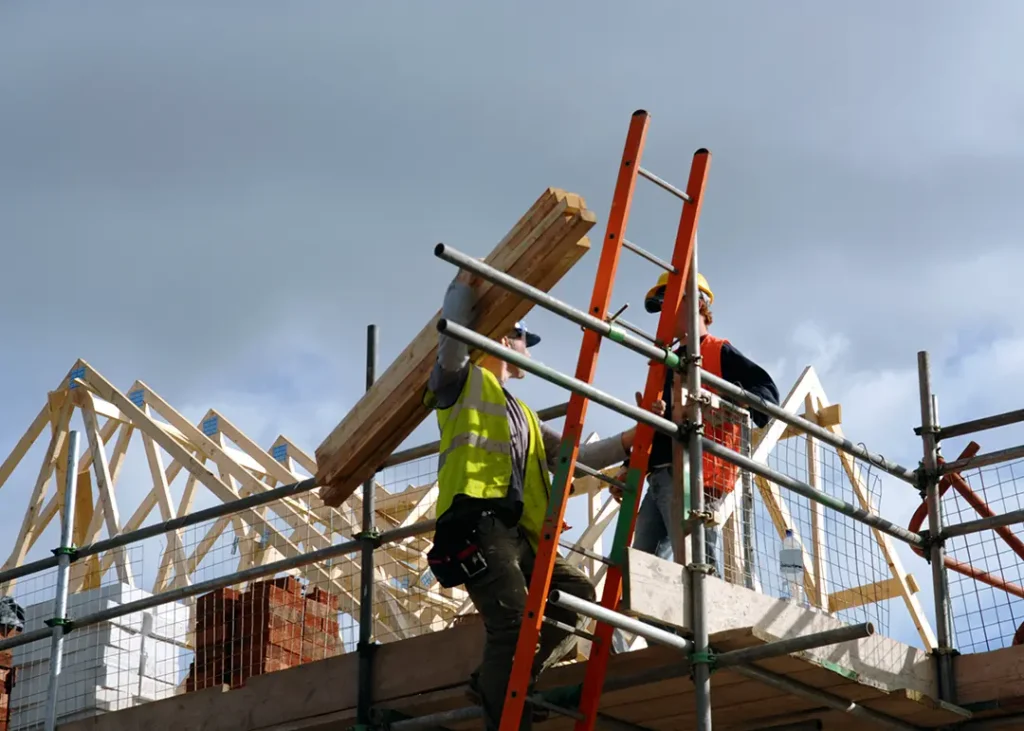
It’s really frustrating if you’ve got builders lined up and waiting to start work, but your planning permission is taking much longer than anticipated to come through
The situation in my first paragraph is a common one – your planning application has taken longer than expected and your builders are ready to start. Or perhaps you have requested a minor amendment to your permission and the build is paused while you wait for an answer. Is it worth the risk of pushing ahead?
As a planning consultant, I am very wary of advising people to intentionally breach planning control, but it can be a legitimate strategy in some limited circumstances.
FAQ Why are planning applications taking so long to be decided?People are often tempted to press ahead with a development without planning permission because they have been waiting a long time for a decision. Government statistics show that only 46% of non-major decisions (planning applications for extensions, self builds and other smaller schemes) in the first quarter of 2023 were made within the usual eight-week deadline. In fact, some of my clients are waiting up to two years to get a workable consent for an extension or self build (including resubmissions and appeals, where necessary). The Royal Town Planning Institute (RTPI) blames severe under investment in planning services at council level. Planning department budgets have fallen by 42% since 2009/2010 in real terms. Morale among case officers is low and planning departments have huge backlogs. So, if you are planning a project, apply as early as you can, maintain a continuous dialogue with your case officer and don’t book in your builders until you have received a final decision! |
First, let’s consider the basics. The modern planning system was born just after the war and the Town and Country Planning Act 1947 requires that planning permission be obtained for ‘development’. Some things don’t count as development (you don’t need planning consent to make internal changes to a house, for example) and others are permitted development, meaning the formal consent process is not required.
Crucially, failing to obtain planning permission before starting work is not an offence – you have not committed any crime. However, the law also provides councils with planning enforcement powers, allowing them to investigate planning breaches and take appropriate action.
Their main power is to serve an Enforcement Notice, requiring that unauthorised works be reversed (a prospect that sends a shiver down the spine of any homeowner or self builder). That power is discretionary – a council can identify a breach of planning control and conclude that no further action is necessary.
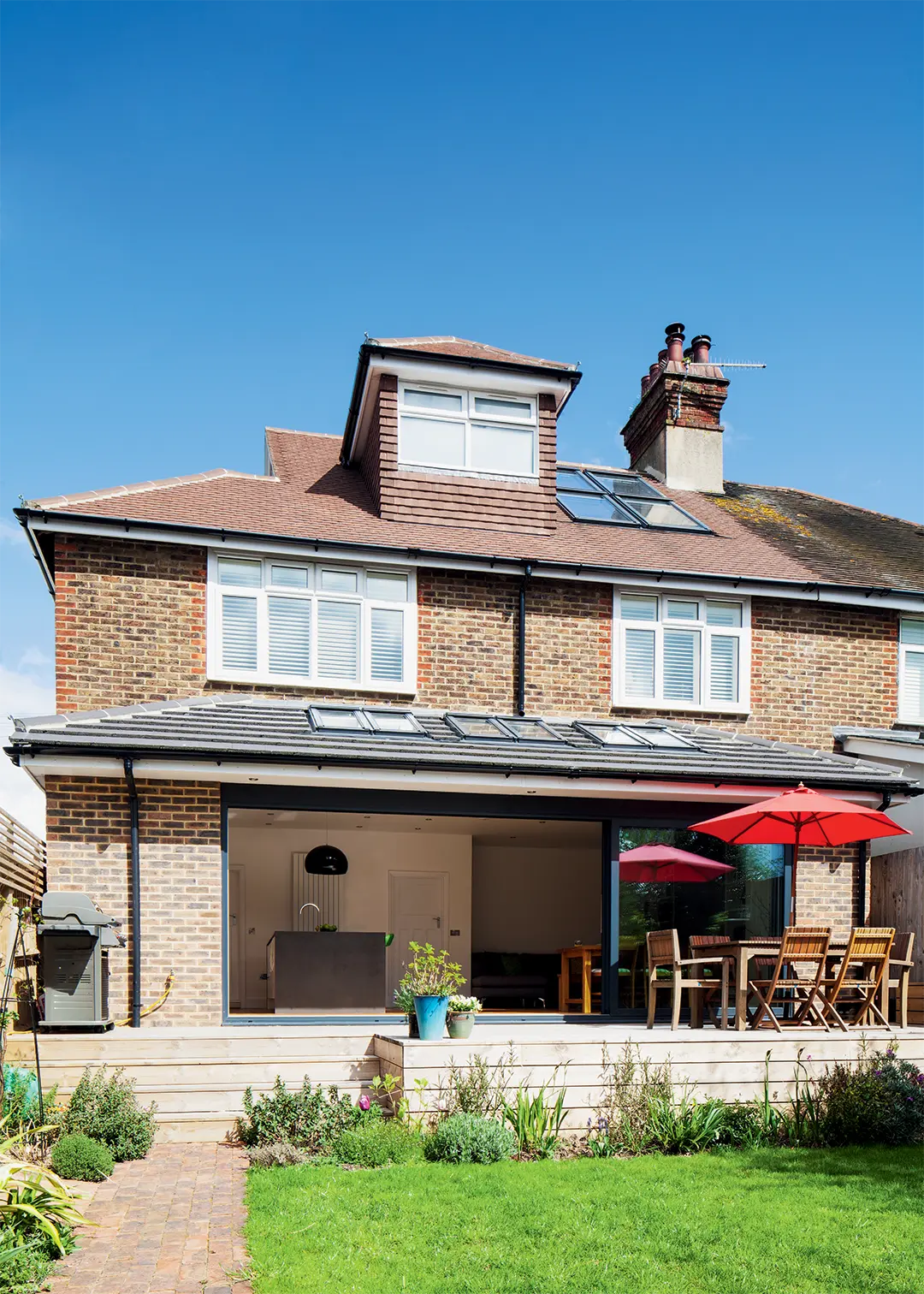
If a project falls under permitted development (PD), then you don’t need to apply for formal consent. These homeowners applied for a Lawful Planning Certificate to get official recognition that their extension and loft conversion fell under PD rights
When weighing up whether to build without planning, you must consider the risk of enforcement action and its consequences. If you build a new house or extension without any kind of planning permission, it is very likely a neighbour would alert the planners and you may have to demolish it. Even in the absence of enforcement action, a house without permission would be hard to sell or mortgage.
A deliberate breach of planning might be worthwhile where the likelihood of an investigation is low, the works are small-scale and/or the cost of reversing them is relatively modest. You might get permission for an extension, for example, but reduce the size of a rear window or switch the patio doors you showed on your approved plans for sliding doors.
It is, of course, less risky to be in breach if you are sure permission would be granted. At a recent Ask Our Expert session at Build It Live, a visitor explained they had started work replacing a flat roof over their garage, and it had only just occurred to them that permission might be needed.
I advised that, technically, planning permission was required but that the changes were so minor and uncontroversial that they might choose not to apply, especially since the works had already started.
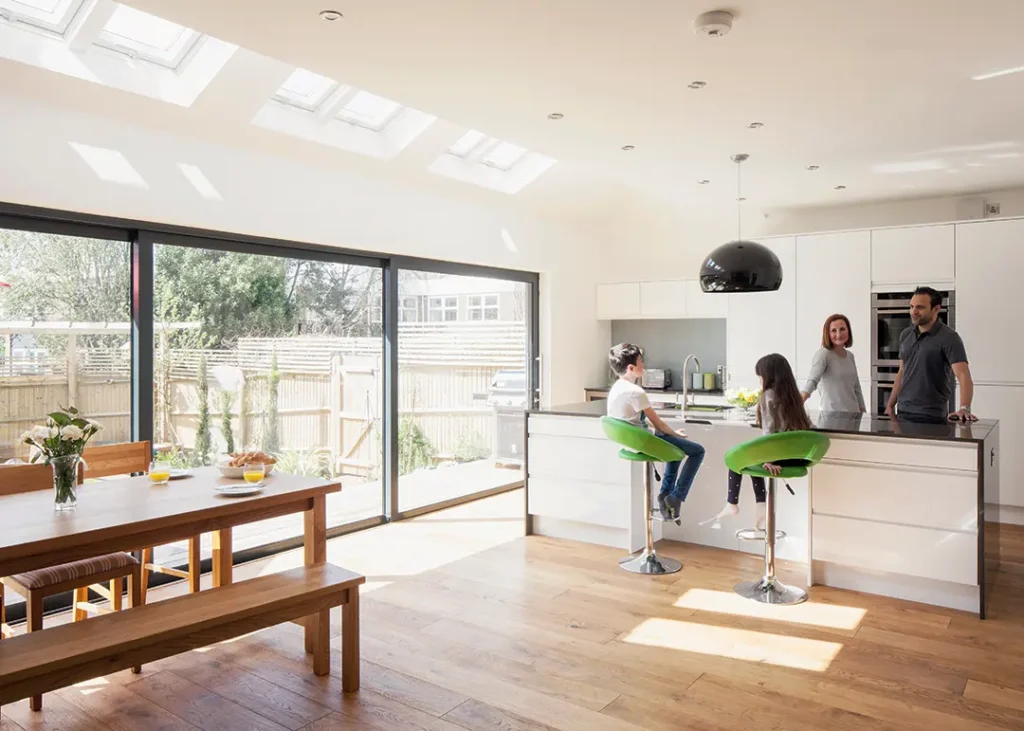
Adrian and Maria Pearcey were able to complete their building work under Permitted Development. Their newly-renovated home features an open-plan kitchen-diner with rooflights and large glazed doors that open out onto the garden
| Are you looking for some one-to-one planning guidance?
Visit Build It Live and visit the Ask our Experts Lounge for some valuable and impartial advice from our experts Julia Riddle and Martin Gaine. Build It Live takes place three times a year in Kent, Oxfordshire and Exeter. The next show will be on 22nd and 23rd February 2025 in Maidstone, Kent. Claim a pair of free tickets today and start planning your visit. |
There are some important caveats. Unauthorised renovations or extensions to a listed building or a protected tree are an offence and you could be prosecuted. Failing to comply with a condition that requires you to sign off specific details (such as your choice of materials) could mean you have not lawfully implemented your planning permission and it could expire (so you lose your permission entirely), even though works have started.
Do not underestimate the stress of an enforcement investigation. I represent dozens of clients each year who have run into enforcement problems and it is an extraordinarily difficult time for them, whatever the final outcome. In England, 3,569 planning enforcement notices were issued in the year to March 2023, representing a lot of sleepless nights. Enforcement action can drag on for a couple of years before a resolution.
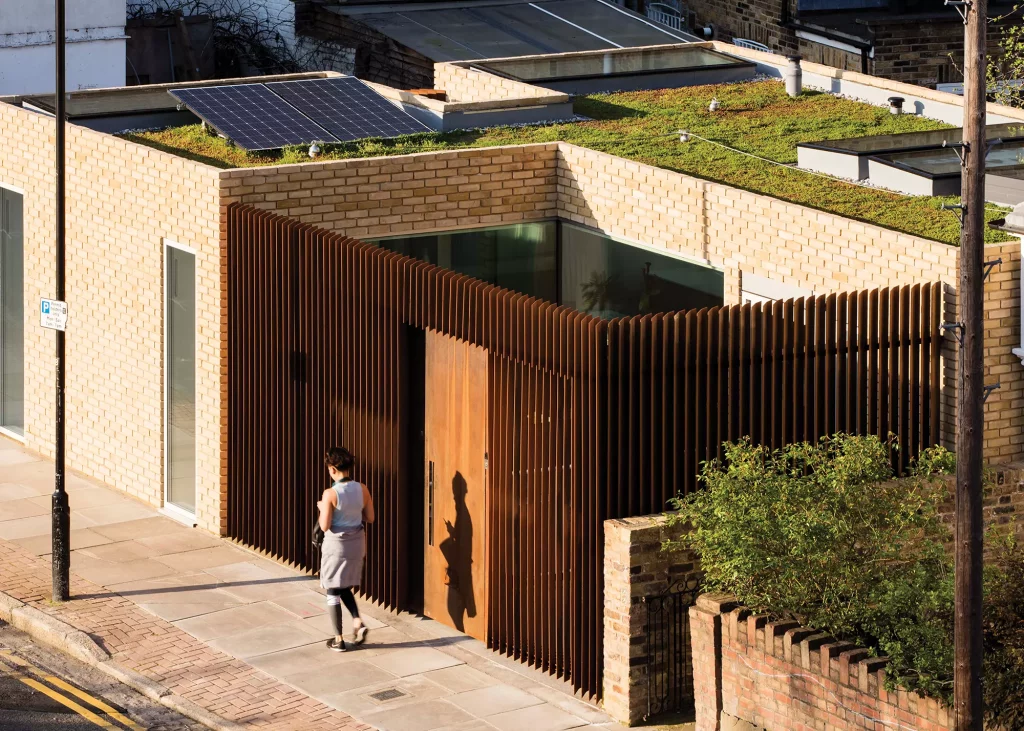
Guttfield Architecture designed this compact home in an East London conservation area. The size of the house was dictated by historic planning rules on the site, so any design for a new build had to satisfy these requirements
If the council decides to launch an enforcement investigation, it is possible that the case officer will decide that no further action is necessary (that enforcement is not ‘expedient’, in the jargon). You may be invited to submit a retrospective planning application, seeking consent for the works that have been carried out. Or you might apply for what has been built, but with amendments (such as lowering the roof or rendering over poor quality bricks).
If a retrospective application is not approved, you have a right of appeal to the government’s planning inspectorate. If the council serves an Enforcement Notice, you may also appeal. In all of these scenarios, the advice of a planning consultant with enforcement expertise is crucial.
The good news is that a breach of planning control is not forever – a building or extension constructed without permission is immune from enforcement action after four years (although the government is considering abolishing this four year rule), as long as the council has not served you with an Enforcement Notice in that time. A change of use or a breach of a planning condition is lawful after 10 years.
In sum, in most circumstances it’s best to ensure that you always have the correct planning consents. But where the risk and consequences of enforcement action are tolerable, and making an application would unacceptably delay your project, a tactical breach might be justified.
